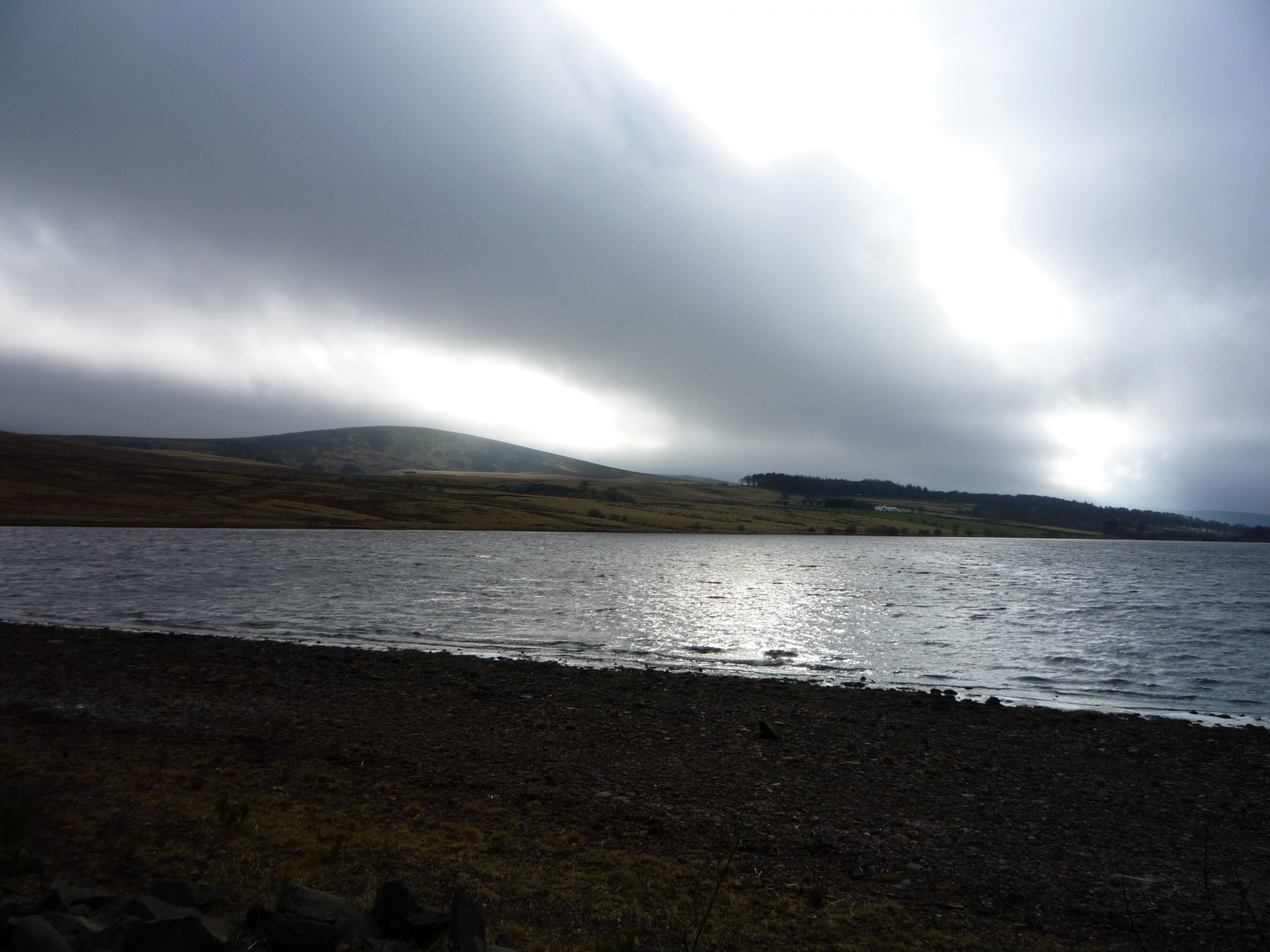 Last night we saw ‘Once upon a time in Anatolia’, Nuri Bilge Ceylan’s haunting film which won the Grand Prix at last year’s Cannes Film Festival.
Last night we saw ‘Once upon a time in Anatolia’, Nuri Bilge Ceylan’s haunting film which won the Grand Prix at last year’s Cannes Film Festival.
Reviews and viewers’ comments had suggested it was either a masterpiece or a shocking waste of two and a half hours. Both sides seemed to agree it was in the ‘Suddenly, nothing happened’ school of arthouse movies, which we generally enjoy. And we loved this film, especially after the quarter-hour of deafening movie trailers which preceded it. Its first ninety minutes, where a small group of disenchanted policemen escort two murder suspects through the Turkish countryside in the dark to identify the place where they buried the body, had a pacing and a patience which reminded me of certain favourite pieces of music.
I don’t think we were able to unravel the plot of ‘Anatolia’ any more than anyone else has, given the bits of evidence carefully pointing in different directions, but that only made it seem more realistic. Like many good works of art it prompted us to talk for ages afterwards – about the film, about what life must be like in Turkey, about the film’s silent women and why they are catalysts. We discussed the character of the doctor, and for whose sake he decides to conceal a discovery made during the autopsy in the final scene. Even this morning I was still trying to figure out whether the various characters who report seeing the dead man alive and well after the night of his alleged murder were deluded, or whether their sightings might indicate that Yasar had not died where or when the ‘murderer’ said.
It’s a funny thing: those loud all-action films, like the ones we saw trailers for, are often swallowed whole and forgotten the next day, but ‘Once upon a time in Anatolia’ will stay with me for a long time.




0 Comments